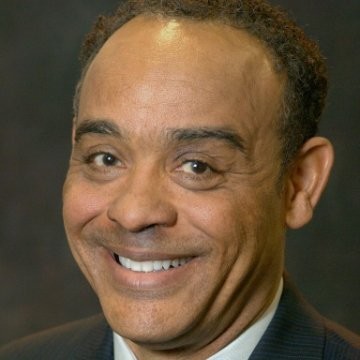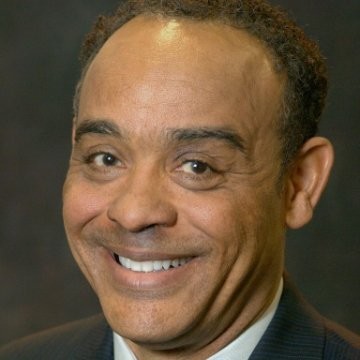By John Grace
Contributing Columnist
The days of rock-bottom interest rates are in the history books. As investors come to terms with the end of 14 years of cheap, if not free, money, we must come to terms with challenges when financial markets are in spasms.
I have been on my soapbox, encouraging investors to avoid large-dollar purchases, apply active management strategies and greater diversification to their portfolios, and keep excess liquidity in T-Bills. We can all agree that cash is king, which allows those with cash, not equity, to catch the next waves of opportunity that suddenly appear in your lap.
When it comes to equity, please notice how quiet the crickets become. Now may be an opportune time to exploit nosebleed prices and trade equity for cash. Doing so may help you avoid hoping and praying that what you held on to recovers fast enough to prevent regret, the gift that keeps giving.
Please be wary of the Wall Street pundits and the media, who want you to drink the Kool-Aid, believing that the Fed can overcome every possible hurdle and keep the economy running just fine, not too hot and cold. While starry-eyed investors want everyone to think the U.S. will avoid a recession or worse, and a significant downturn or crash, savvy investors hope for the best and prepare for the worst.
“One of the greatest misconceptions of investors and experts alike is this: The longer a bull market goes, the more sound it is,” said Harry Dent at Dent Research.
Fourteen years after the March 2009 stock hit bottom the markets are in the longest run in over a century without a recession.
“What should be much, much more obvious,” Dent added, “is that this bull market and economic expansion, since early 2008, have been caused 100% by unprecedented and massive monetary and fiscal stimulus, again with $10,000 combined or near 50% of [gross domestic product] just in the two years after COVID hit.”
You are supposed to believe the economy is strong, but in your heart of hearts, you aren’t feeling it — and for good reason. Imagine how much less confident consumers would feel about the economy if stimulus money hadn’t been dropped out of the sky by the Fed.
We are in the tiny minority of forecasters and financial advisors who see a recession as productive and essential for the economy. Recessions and even depressions aren’t the worst things that happen.
To authentically avoid bad times, the best thing to do is not allow a bubbly or overstimulated boom to occur. What has happened is that the world’s central banks, including the Federal Reserve, rode off on a naïve or arrogant horse that we couldn’t allow for a recession or depression.
We are in entirely uncharted territory. Given our challenge with an aging population, it would not surprise me that the U.S. follows Japan in the experience of a longer-term “coma economy” with slow growth, at best, and sideways movements in stocks.
As Dent opined: “Manipulated markets can’t be free markets!” Manipulating markets might keep Humpty Dumpty comfortable for a while. It’s when walls fall that things get messy.
John Grace is a registered representative with LPL Financial. His On the Money column runs monthly in The Wave. The opinions expressed here for general information only and are not intended to provide specific advice or recommendations for any individual.
LIFTOUT
Imagine how much less confident consumers would feel about the economy if stimulus money hadn’t been dropped out of the sky by the Fed.











